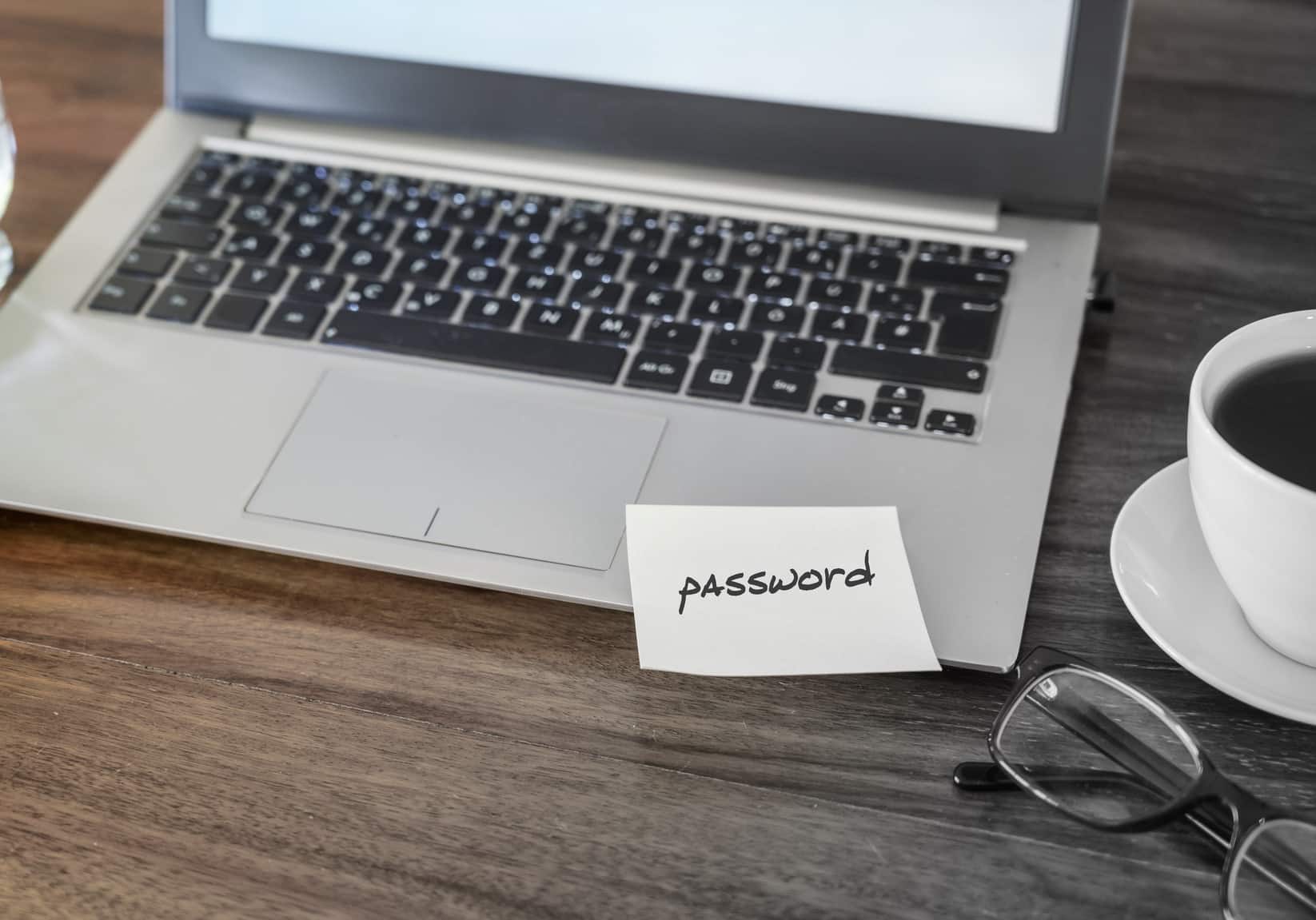
Poor password habits still an issue worldwide
To mark the start of this year's Cybersecurity Awareness Month, Dashlane has published its latest report into global password health which shows that although the share of reused passwords has dropped it remains worryingly high.
The share of password reuse remains between 40 and 50 percent across regions worldwide, putting individuals and companies at greater risk of account takeover.
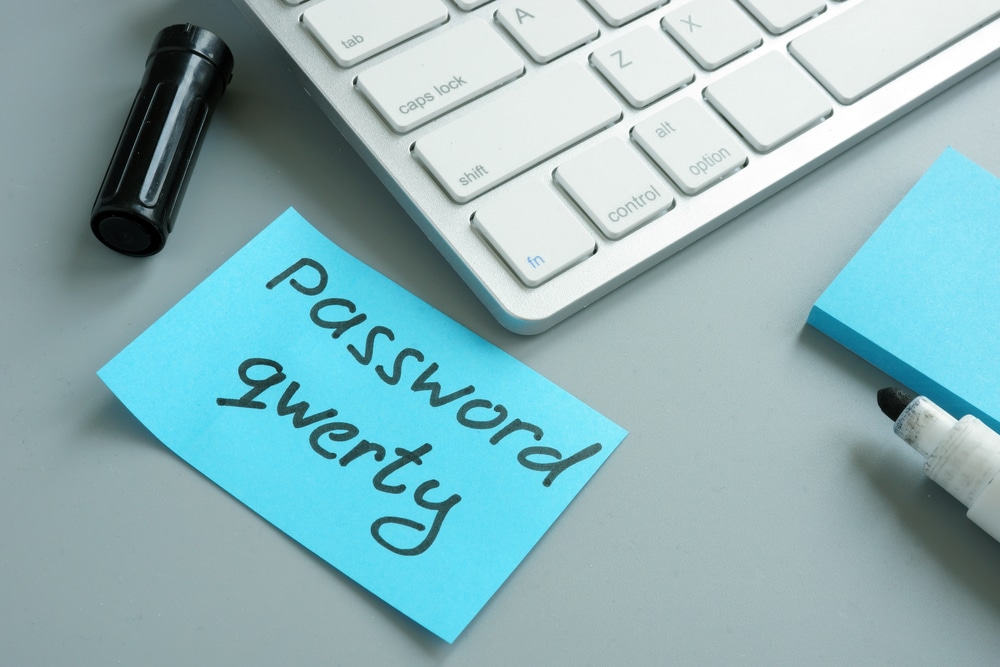
Passwords still rule when securing user accounts
A new global study reveals that 58 percent of people use a username and password to login to personal accounts and 54 percent do so to login to work accounts.
The report from Yubico, based on a study of 20,000 people around the world carried out by Talker Research, reveals a worrying lack of awareness of best practices for authentication. 39 percent think username and password are the most secure and 37 percent think mobile SMS based authentication is the most secure, though both are highly susceptible to phishing attacks.
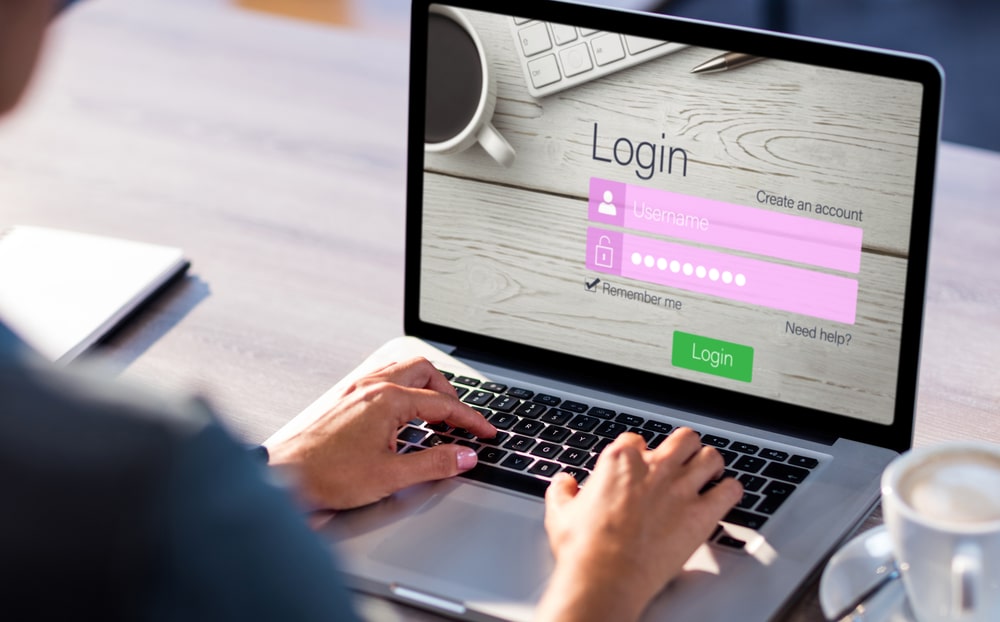
People struggle to manage all of their passwords
A new survey of more than 6,000 respondents globally finds that 62 percent of people are worried about managing too many passwords, accounts and logins.
The report from Keeper Security shows that this leads to some dubious password management with 26 percent relying on memory, 24 percent writing them down and 19 percent storing them in a browser or phone notes app. Two in five also admit to reusing passwords.

Google issues apology for Chrome flaw that broke its password manager
Google has apologized for a Chrome problem that resulted in millions of users being unable to use the browser's password manger.
The issue meant that affected users were not able to access saved passwords for the majority of a day. In issuing its apology, Google explains that a faulty update for the M127 version of Chrome for Windows was to blame, noting that the problem hit users globally.
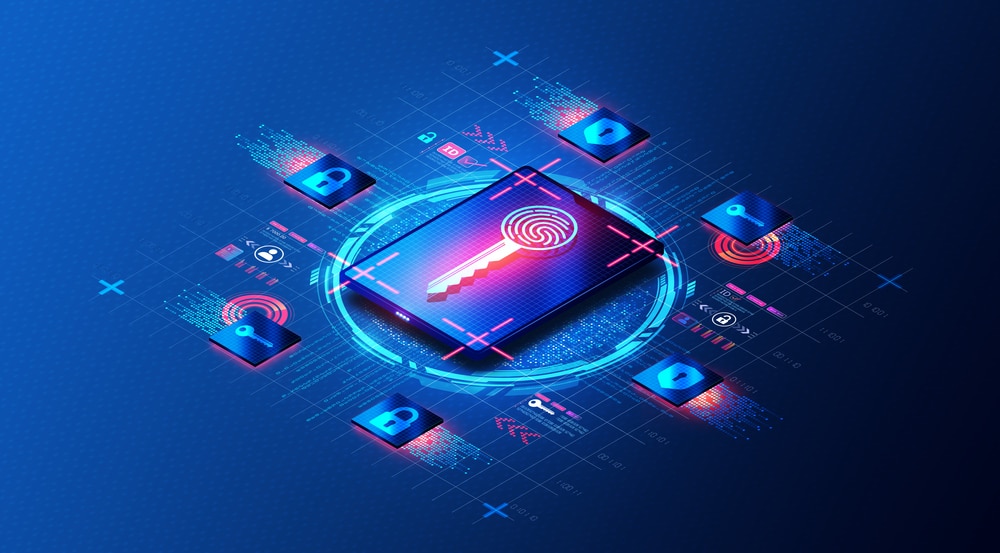
Consumer sites drive growth in passkey adoption
Take up of passkeys as a more secure means of accessing websites has been a little disappointing to date, but new research from Dashlane shows that passkeys are starting to gain traction with consumers.
It finds that early passkey adoption is largely being driven by the consumer space, with 'sticky' apps (those used frequently on a daily basis -- including Facebook and X) leading the way.

Why adding a 7 might make your password stronger
Including a number in your password doesn't make it much more secure, does it? If that number is a seven then it just might, according to ProxyScrape.
Strange though it may sound, seven is a rare number in terms of people's preference for it. People naturally gravitate towards using predictable patterns in their passwords. Numbers like 0, 1, and 2 are often overused due to their convenience on both keyboards and number pads. The number 7, however, is less predictable and less frequently used, making it a statistically rare choice.
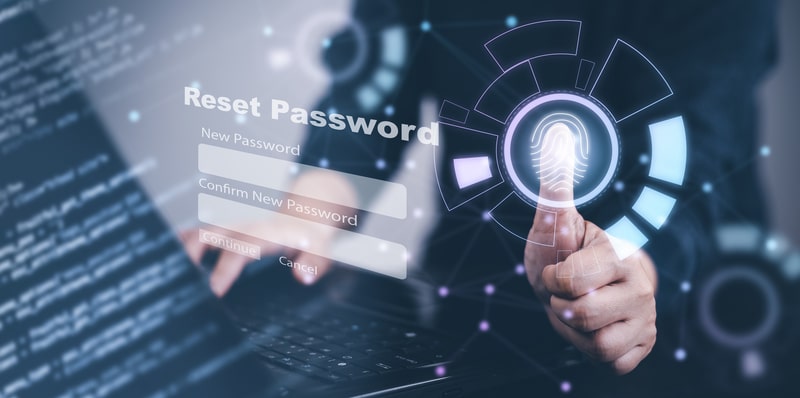
Self-service password reset: How the cure could introduce more security ills
Passwords certainly aren’t new -- they began in ancient civilizations so tribes and their militaries could identify their members and allies. But the management problems they present in a digital world so utterly dependent upon them are voluminous and costly. On average, business users have 87 passwords for their work-related accounts. Granting this complexity, users will inevitably need to turn to IT several times a year to resolve password lock outs. Forrester estimates that it costs an organization $70 per password reset and that large, U.S.-based enterprises allocate $1M annually for password-related support costs.
While Self-Service Password Reset (SSPR) tools -- web-based portals that enable users and administrators to reset their own passwords without IT interaction -- seem like the ideal solution, they come with risks. Today’s threat actors are exploiting every opportunity to gain credentials, and without the proper controls, SSPR solutions can be ripe for social engineering and exploitation. Artificial Intelligence is bolstering social engineering tactics while making them less detectable. Threat actors have increasingly been waging these sorts of attacks against SSPR solutions, in particular Microsoft SSPR, to gain both user and admin credentials. While it has become necessary for IT to streamline tasks in a world of burgeoning demands and complexity, any solutions deployed must be reviewed for vulnerabilities -- or the cure could be worse than the disease, leading to a catastrophic breach.
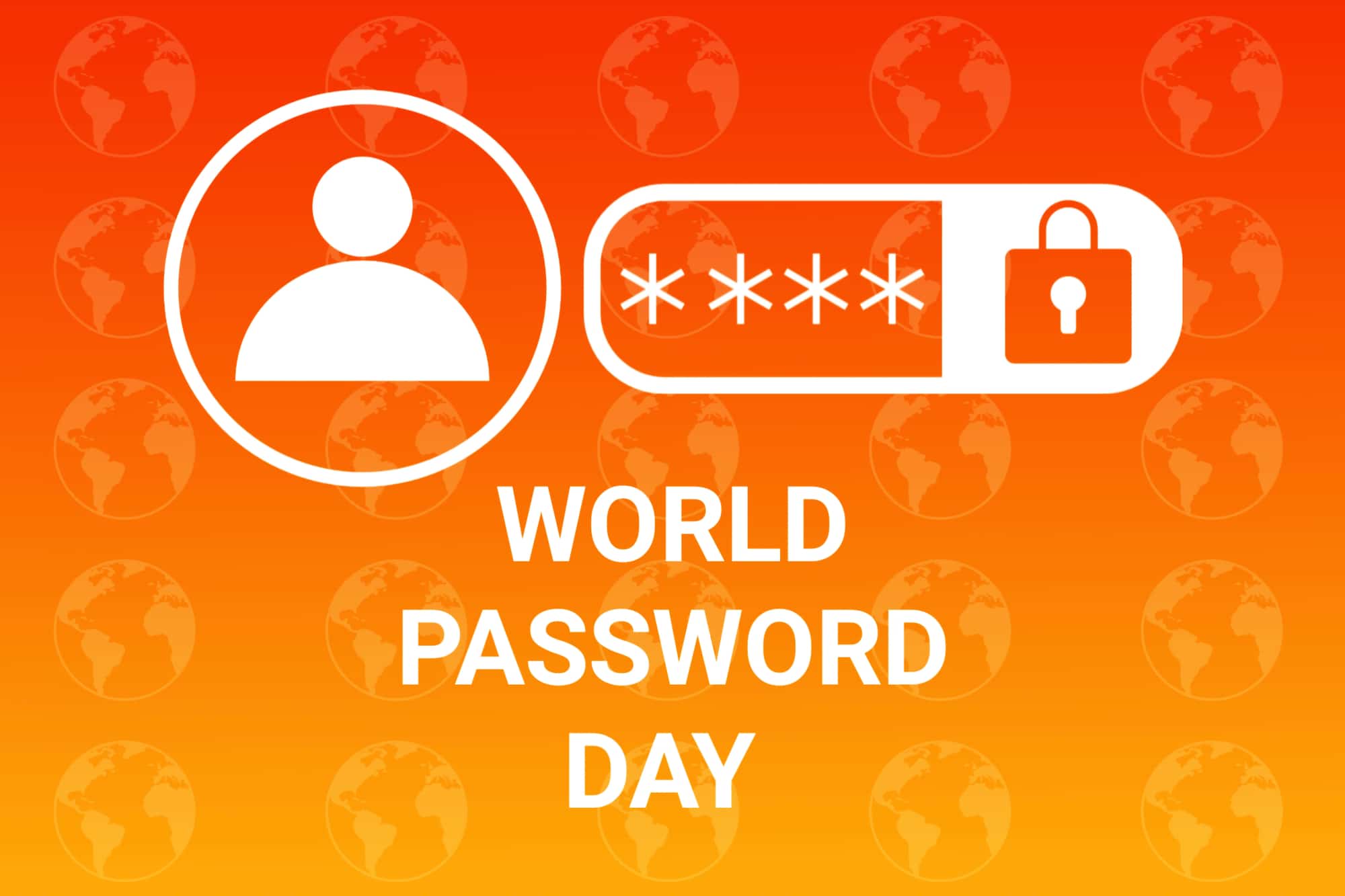
Passwords cling on to celebrate another World Password Day
Last year we asked the question whether it was time to make World Password Day a thing of the past. But despite the rollout of passkey technology from giants like Google, passwords are still here a year on.
There's no doubt that the use of passwords is in decline, but they are proving more tenacious than many people predicted. Here are some expert views on the role of passwords in the wider digital security landscape.

Human factor is significant cyber risk for smaller businesses
Human factors, including lack of awareness, training and inconsistent policy adherence, are getting in the way of cybersecurity for smaller businesses.
A new survey of more than 600 business and IT security managers conducted by LastPass and survey research firm InnovateMR shows that cyberattacks targeting smaller organizations have increased significantly in recent years, as cyber criminals have learned these organizations are relatively easy targets.

Nearly half don't use mobile security solutions
A new report from Bitdefender shows that 45 percent of consumers don't use mobile security solutions, despite the fact that 78 percent conduct sensitive transactions on their devices.
Based on an independent global survey of over 7,000 consumers, the report looks at top security behaviors, practices and concerns across their digital footprint and lifestyle.

Syncing of cloud passwords opens businesses to cyberattacks
A new report reveals that 67 percent of businesses routinely synchronize most of their users’ passwords from their on-premises directories to their cloud counterparts. This poses substantial security risks by creating a gateway for attackers to hack these environments from on-prem settings.
The report from Silverfort shows that in the rush to the cloud security gaps stemming from legacy infrastructure, misconfigurations, and insecure built-in features create pathways for attackers to access the cloud, significantly weakening a company's resilience to identity threats.

Is there a better way of protecting your digital life? [Q&A]
The nature of the modern world means that we all have lots of different accounts to manage various services.
Protecting all of these can be a challenge and you can end up with lots of different tools like password managers, VPNs, anti-virus tools and more. It also leads to people getting lazy and reusing passwords.

Reports of the password's death are greatly exaggerated
We've been hearing predictions surrounding the end of the password for many years, but a new survey of 300 US IT decision makers reveals that 68 percent say passwords aren't dead and 53 percent think they're simply evolving into something new.
The study, conducted by Censuswide for Delinea, is aimed at understanding the future of passwords in the workplace in light of recent traction by other authentication options in consumer technology such as smartphones, personal email accounts, and mobile apps.

Passkeys 101: the future of passwordless authentication [Q&A]
Passkeys are often touted as being the way to achieve a passwordless future. But as yet passkeys are supported by only a small number of websites. Passkeys are a safer, more efficient way of authenticating users, but it will be a long time before they become the norm -- if indeed they ever become the norm.
We talked to Darren Guccione, CEO and co-founder of Keeper Security, to discuss the use cases for passkeys, the barriers to mass adoption and how users can adopt and secure passkeys in conjunction with their passwords.

Proton Pass launches a secure way to share passwords
We all know that you shouldn't share your passwords with anyone else. But the world is a complex place and there are occasions when it's necessary to send someone a login -- sharing access to a business social media account for example -- or other sensitive information.
Email, SMS, Post-it notes, etc are not secure ways to do this, so Proton is launching a new Secure Password Sharing feature for its Proton Pass password manager.
